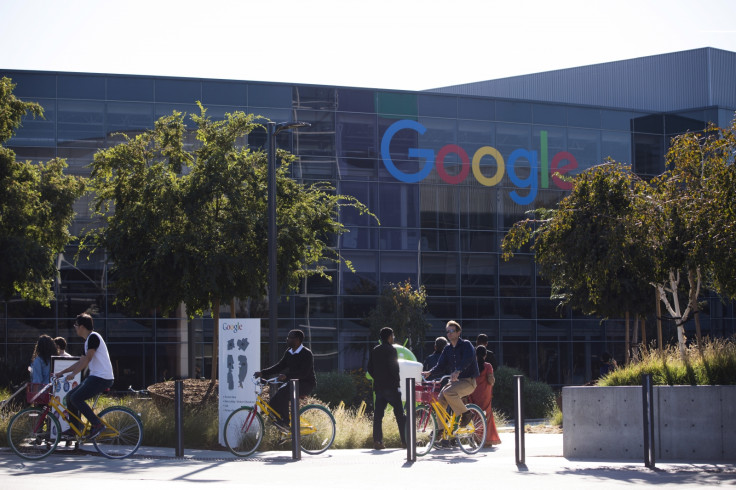Google to run entirely on renewable energy by 2017
It used as much energy as San Francisco last year – but is turning to wind and solar power.

Google says it will run entirely on renewable energy by 2017.
The internet giant consumed as much energy as the city of San Francisco last year, but within 12 months all of that energy will come from wind farms and solar panels.
Like most firms, Google gets its electricity from a power company which operates an energy grid made up of a number of sources, but it is now ensuring that more and more of that energy comes from renewable sources.
"We are the largest corporate purchaser of renewable energy in the world," Joe Kava, Google's senior vice president of technical infrastructure, told the New York Times.
"It's good for the economy, good for business and good for our shareholders."
Although the decision is inherently good for the environment, Kava said that factor did not influence Google's decision-making. Instead, he said that renewable energy prices do not fluctuate, unlike their carbon-based counterparts, allowing Google to better forecast its costs.
Additionally, as production of renewable energy increases, their production costs drop.
"Every time you double production, you reduce the cost of solar by about 20 percent. Wind goes down by 10 to 12 percent," said Jonathan Koomey, a lecturer in the school of earth, energy and environmental sciences at Stanford.
As a result, Google's energy costs could drop below the amount for conventional sources. "We're technology-agnostic, but we're not price-agnostic," said Kava.
Google operates eight different businesses – including its search engine, YouTube and Gmail – each of which has more than one billion customers. They run on a network of 13 data centres across the globe, each a complex of buildings containing hundreds of thousands of computers.
The move to go totally carbon-free should spur other companies to move in the same direction, Koomey argued, saying that the 5.7 terawatt hours of electricity Google consumed in 2015 is equal to the output of two 500 megawatt coal plants.
"For one company to be doing this is a very big deal," he said. "It means other companies of a similar scale will feel pressure to move."
© Copyright IBTimes 2024. All rights reserved.






